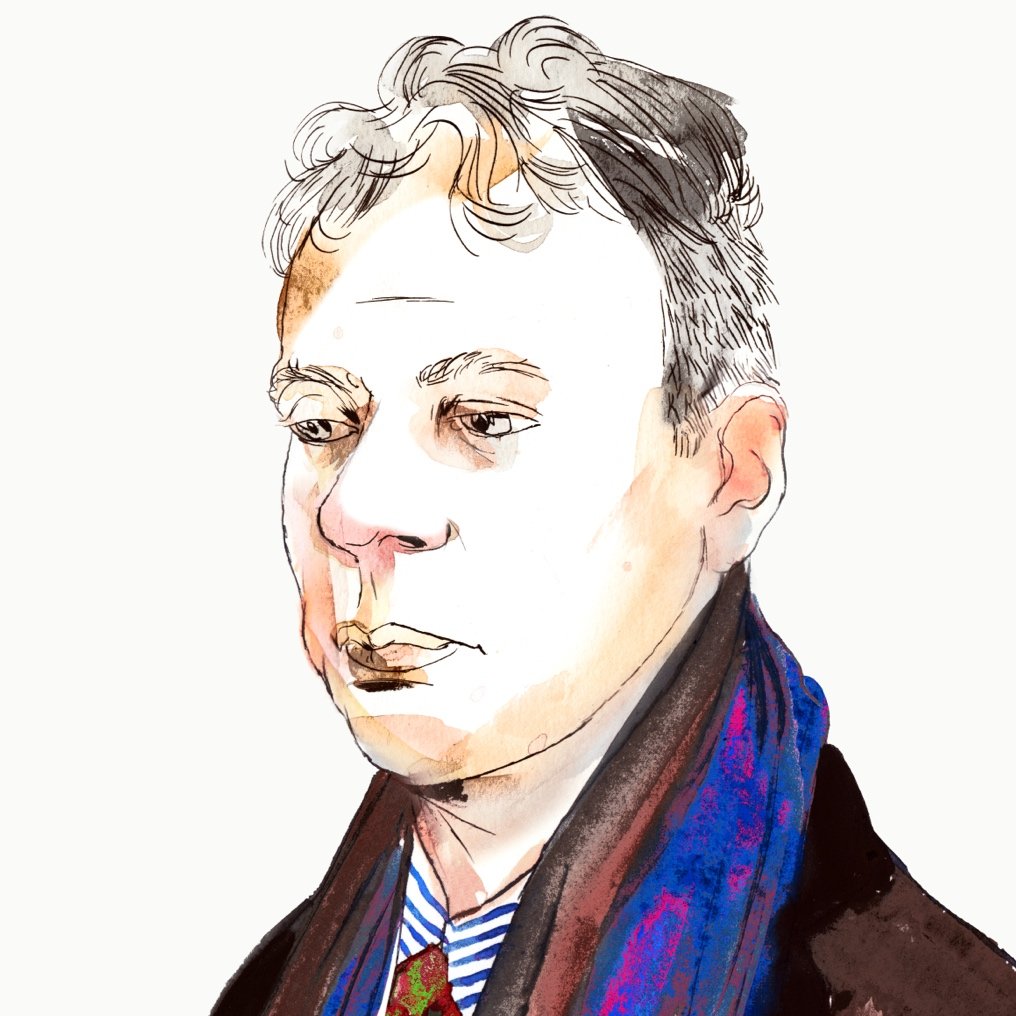Yuval Levin has an interesting commentary at the blog of National Review. It’s entitled “The Church of the Left,” and it argues for an important shift in the understanding of where religious objectors stand today after the Indiana affair.
The shift goes back to the Bill of Rights. Instead of highlighting the free exercise of religion, Levin turns to the other part of the First Amendment, the prohibition against religious establishment. He cites James Madison’s ideas about religious liberty, noting that Madison’s primary concern was that religion involves higher things and should not be a matter of law. To establish a religion is to compel everyone to affirm tenets that some believe are false. To make someone join in a religious rite he thinks is contrary to God’s will is tyranny.
The relevance to today’s coercions is obvious. It amounts to subjecting people to the same kind of “establishment of religion” that Madison feared. Levin continues: “They are in this sense more like religious believers under compulsion in a society with an established church than like believers denied the freedom to exercise their religion.”
So, liberals aren’t trying to “kill religious liberty.” They are, instead, returning to the days when “the Anglo-American world had a formal state religion—except that now the state religion is supposed to be progressive liberalism.”
You can exercise another religion in private space, but in public or commercial space, it must give way to that ocean of laws, regulations, mores, and media that for all practical purposes functions as an established set of religious beliefs that goes by the name “progressive liberalism.”
Mark Bauerlein is senior editor of First Things.
Of Roots and Adventures
I have lived in Ohio, Michigan, Georgia (twice), Pennsylvania, Alabama (also twice), England, and Idaho. I left…
Our Most Popular Articles of 2025
It’s been a big year for First Things. Our website was completely redesigned, and stories like the…
Our Year in Film & Television—2025
First Things editors and writers share the most memorable films and TV shows they watched this year.…


